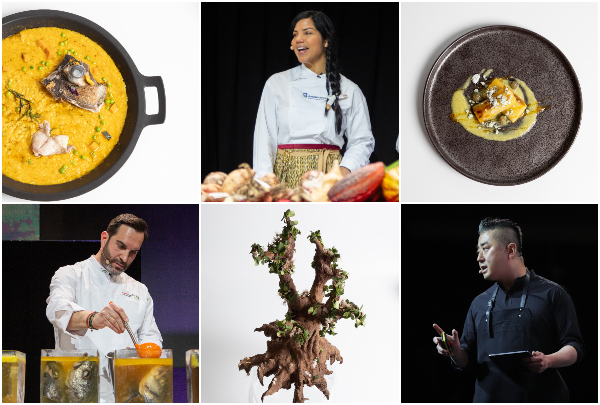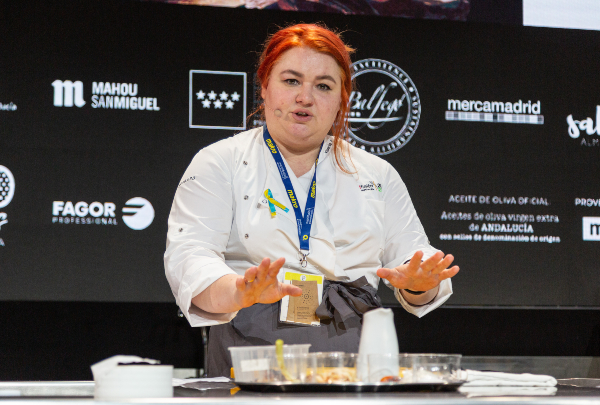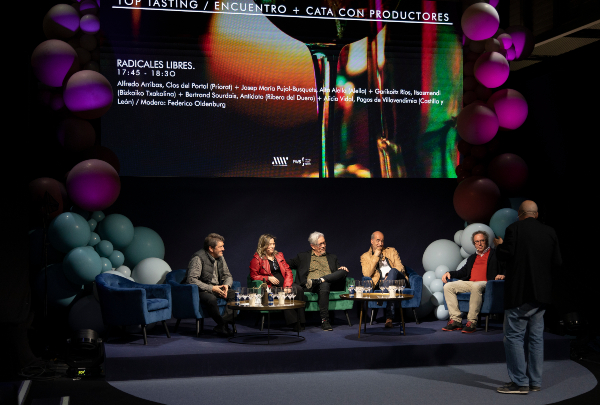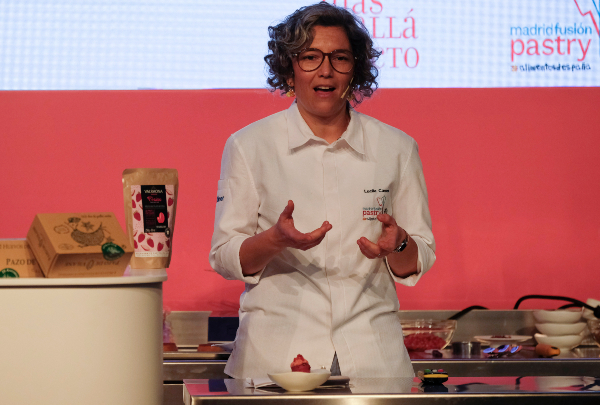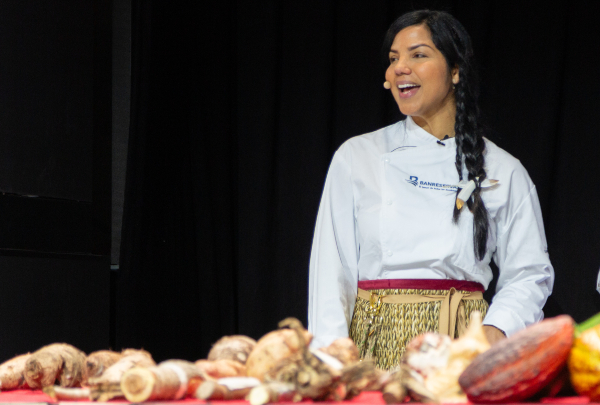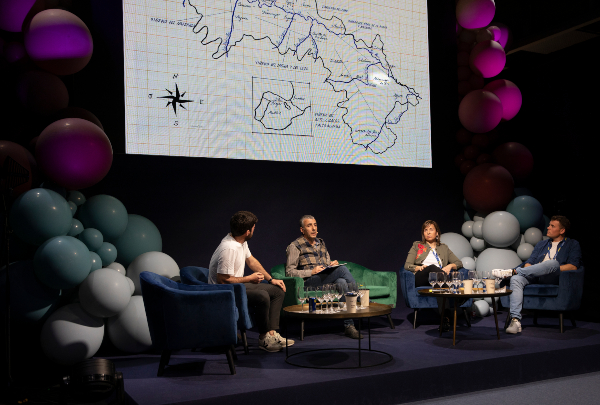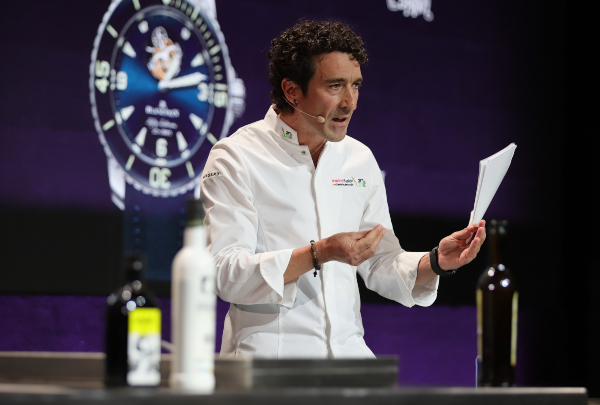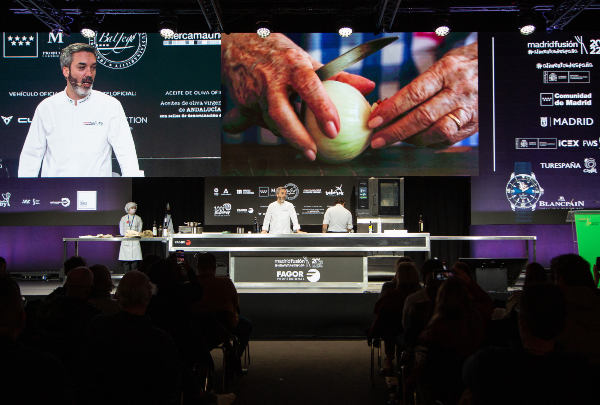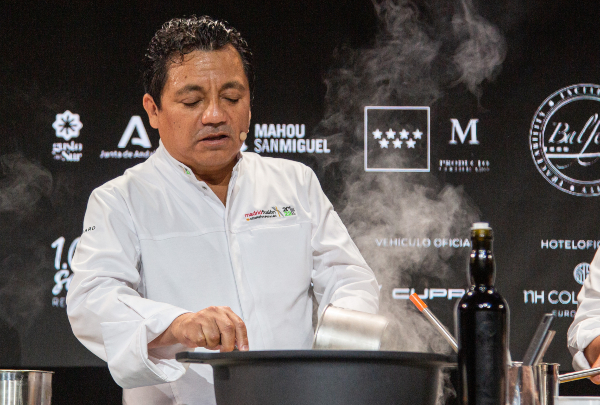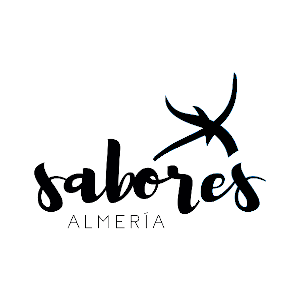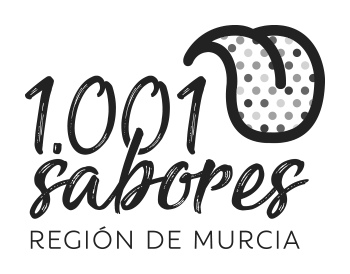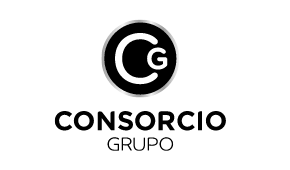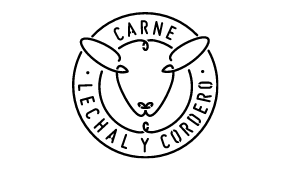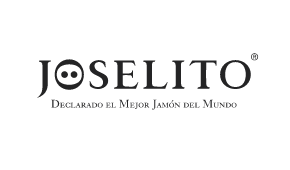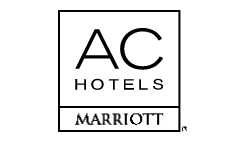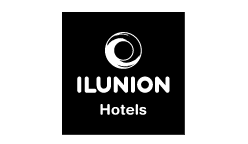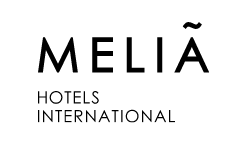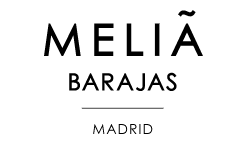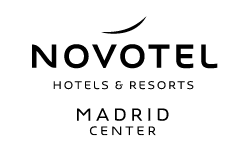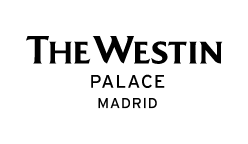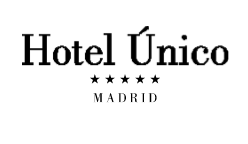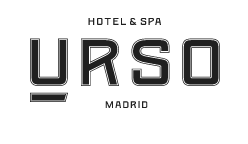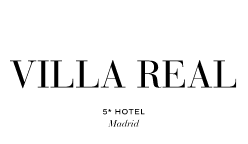Interview
Antonia Klugmann: “The more a gastronomy culture spreads, the more haute cuisine can properly represent it”
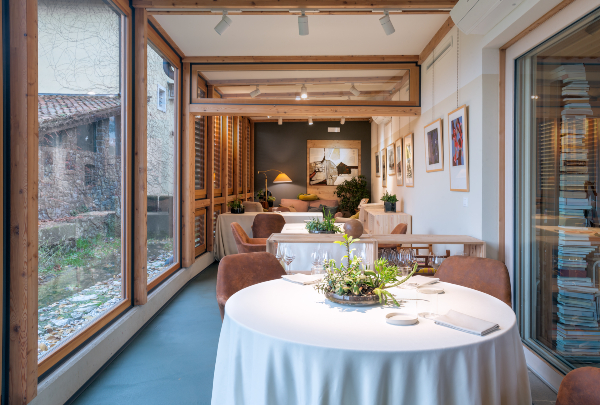
With a restaurant on Italy's border with Slovenia, chef Antonia Klugmann will be at Madrid Fusión to showcase cooking with firm roots in her own territory. Specifically, the Friuli-Venezia Giulia she speaks for and defends on the premise of sustainability, aware of the responsibility of chefs to society.
Born in Trieste, Antonia Klugmann is from a family with mixed roots, like so many others in this cosmopolitan port city in northeast Italy. She started her cookery career after dropping out from her law degree course, working and studying whenever she could. “Reading about chefs such as Ferran Adrià and seeing images of their food made me realise for the first time that cooking could be different from what I had experienced. And that's how I began to learn”.
She became a businesswoman and a chef in 2006 aged 26, but the turning point in her career came in 2014, when she opened L'Argine a Vencò in her native region in Italy: Friuli-Venezia Giulia. The restaurant, only one mile from the Slovenian border, is located next to a 17th century mill surrounded by vineyards next to a river, and in less than one year it had earned a Michelin star. This is where Klugmann gives meaning to cookery that is from her own territory, the cookery of the Italian frontier.
“I'm from Trieste, and so I chose to build my restaurant here because being so close to the border gives the sensation of being more open, rather than closed, to the rest of Europe I share. In my native city, Trieste, for centuries the different cultures have mingled and layered, and I'm perfectly comfortable in a land where families still have memories that are not only Italian, but mixed memories. In my region, Friuli-Venezia Giulia, there is such a variety of history and culture within the individual families that even the study of local traditions becomes an infinite process”. History and cookery.
Local sustainability
With an open mind, at L'Argine a Vencò Klugmann has established her own style of cooking, a combination of tradition and research. “The story of each recipe on my menu is above all a story with a connection to the offer of the ingredient. An ingredient I work with, without underestimating technical progress”. Thus L'Argine a Vencò is a restaurant with "seasonality and freshness", with an ethical link to the ingredient in terms of sustainability and zero waste. “We like to showcase common, ultra-Italian produce from right here", she explains.
Haute cuisine and popular cookery in Italy
Even though it is located close to Slovenia, L'Argine a Vencò is a restaurant in Italy, a country where gastronomic state-of-the-art has not always been fully understood. Krugmann doesn't see it quite like that: “I don't think home-made food and haute cuisine are incompatible. I think that in Italy, and also in France and Spain, where gastronomy is extremely varied and solid, haute cuisine has more potential and possibilities to express itself. The more a gastronomy culture spreads, the more haute cuisine can properly represent it.
“In a creative field, I don't believe that genders are so clear”
She is sure of herself as she talks about ingredients, about her country, and also about gender. “I don't think it's so important for the customer to know whether it's a man or a woman doing the cooking. What's important is for the food to be good. Nor do I think that a chef's sex affects their style. I met a lot of male colleagues who were offering cuisine with characteristics generally defined as feminine, such as delicacy or sweetness. And then, conversely, there were women who came up with daring colours and stark contrasts. We all have our own nuances. In a creative field, I don't believe that genders are so clear.
Future desires
Klugmann is at Madrid Fusión to take her cooking to Spain, and also to speak out in favour of sustainability and group awareness: “I hope that, beyond their sense of competence, that chefs have a sense of homing in on the big issues of our work: choice of suppliers, human relationships with colleagues (staff) ... It's also important for us to maintain strong links to the environment and our territories to be useful members of the community”. Each restaurant, she adds by way of a summary, "can have an impact on society".

 600.jpg)
